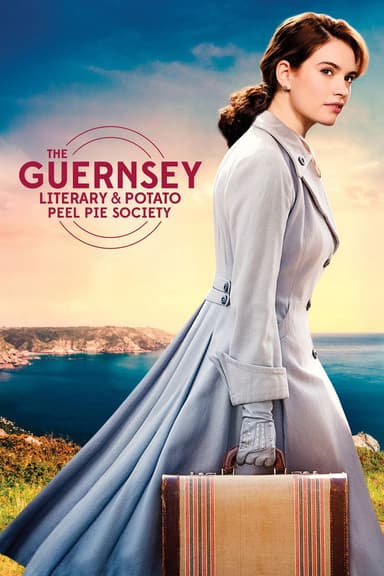
The Reivers
1969 • Comedy, Drama • PG-13
In turn-of-the-century Mississippi, an 11-year-old boy comes of age as two mischievous adult friends talk him into sneaking the family car out for a trip to Memphis and a series of adventures.
Runtime: 1h 46m
Why you should read the novel
Before you watch the 1969 film, experience William Faulkner’s Pulitzer Prize–winning novel The Reivers on the page. The book’s voice, humor, and reflective depth offer a richer journey through memory, mischief, and moral awakening than any screen can capture.
Faulkner’s prose gives Lucius’s reminiscence a living heartbeat—layering Southern atmosphere, layered characterization, and cultural nuance across Jefferson and Memphis. You’ll get fuller portraits of Boon, Ned McCaslin, and Corrie, and a more vivid sense of turn-of-the-century change, from horseflesh to horseless carriages.
For readers of classic American and Southern literature, The Reivers delivers the complete story: expansive scenes, textured subplots, and resonant themes. If you’re deciding between The Reivers movie and the book, choose the novel first for the most authentic, award-winning Faulkner experience.
Adaptation differences
Perspective and voice: The novel is framed as adult Lucius looking back, with introspective commentary that shades every escapade. The film trims much of this inner narration, shifting attention toward Boon’s screen presence and a lighter, more external adventure.
Tone and content: Faulkner’s book balances comedy with moral ambiguity, sexuality, and sharper commentary on race and class. The 1969 adaptation softens, sanitizes, and compresses episodes for mainstream appeal—reducing grit in the Memphis brothel scenes and smoothing the social edges.
Character complexity: On the page, Corrie’s evolution is more layered, Ned McCaslin’s agency and family connections carry greater weight, and Grandfather’s ethical gravity is more pronounced. The movie streamlines these arcs, leans into humor, and simplifies the horse-racing gambit into clearer, crowd-pleasing beats.
Themes and stakes: The novel lingers on memory, guilt, responsibility, and community codes, giving Lucius’s coming-of-age a deeper moral reckoning. The film emphasizes momentum and sentiment, concluding with gentler consequences and a warmer glow where the book asks harder, more reflective questions.
The Reivers inspired from
The Reivers: A Reminiscence
by William Faulkner












